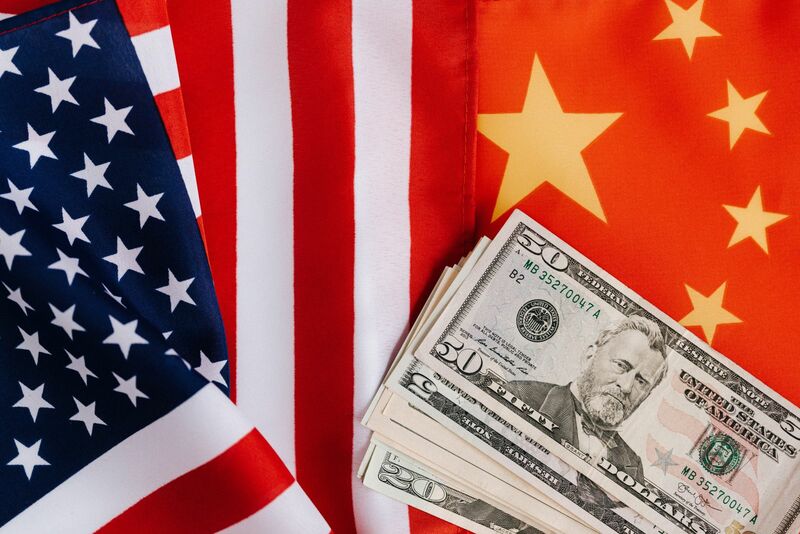
China’s Shanghai Composite ($CHSC) fell to an 8-month low today and has given up all of this year’s gains. After the Shanghai Stock Index rallied to a 13-month high in May, China’s post-Covid recovery faltered, and its property debt crisis worsened, which weighed on economic growth and undercut stock prices and market sentiment. The Chinese government has made several pledges to improve the business environment and restore market confidence. However, all the steps to date have done little to bolster the markets.
The People’s Bank of Chia (PBOC) has already cut interest rates twice this year, but expectations are not favorable for the PBOC to pursue aggressive easing or for large fiscal stimulus. Also, China’s government is reluctant to give out the kind of cash handouts to consumers that sparked post-pandemic recoveries in the U.S. and other countries. In addition, local Chinese governments don’t have the fiscal space for a major boost to spending.
In an attempt to boost consumer spending, 13 Chinese government departments in July released a plan to boost household spending and encouraged local authorities to help residents refurbish their homes by giving people better access to credit to buy household products and appliances. Also in July, China’s National Development and Reform Commission, the country’s top planning agency, released a comprehensive document focusing on removing government restrictions on consumption, such as car purchase limits, improving infrastructure, and holding promotional events like food festivals.
China’s Politburo, the top decision-making body, signaled an easing of property policies at its July meeting in an attempt to boost housing demand. Financial regulators also extended loan relief for developers to ensure the delivery of homes under construction. In addition, authorities today proposed that local governments scrap a rule that disqualifies people who’ve ever had a mortgage from being considered a first-time homebuyer in major cities. Scrapping the rule would lower down payments for homebuyers and ease restrictions on borrowing limits.
Chinese authorities have also stepped up efforts to bolster confidence in Chinese equity markets. Officials earlier this month asked some investment funds to avoid becoming net sellers of equities and encouraged companies listed on Shanghai’s science and technology board to buy back their shares, among other measures. Also, Reuters reported today that Chinese regulators plan to cut the stamp duty on domestic stock trading by as much as 50%, the first time the tax has been cut since 2008. However, all these attempts to shore up Chinese markets have failed to restore investor confidence, underscoring the depth of pessimism toward China’s economy.
On the date of publication, Rich Asplund did not have (either directly or indirectly) positions in any of the securities mentioned in this article. All information and data in this article is solely for informational purposes. For more information please view the Barchart Disclosure Policy here.






